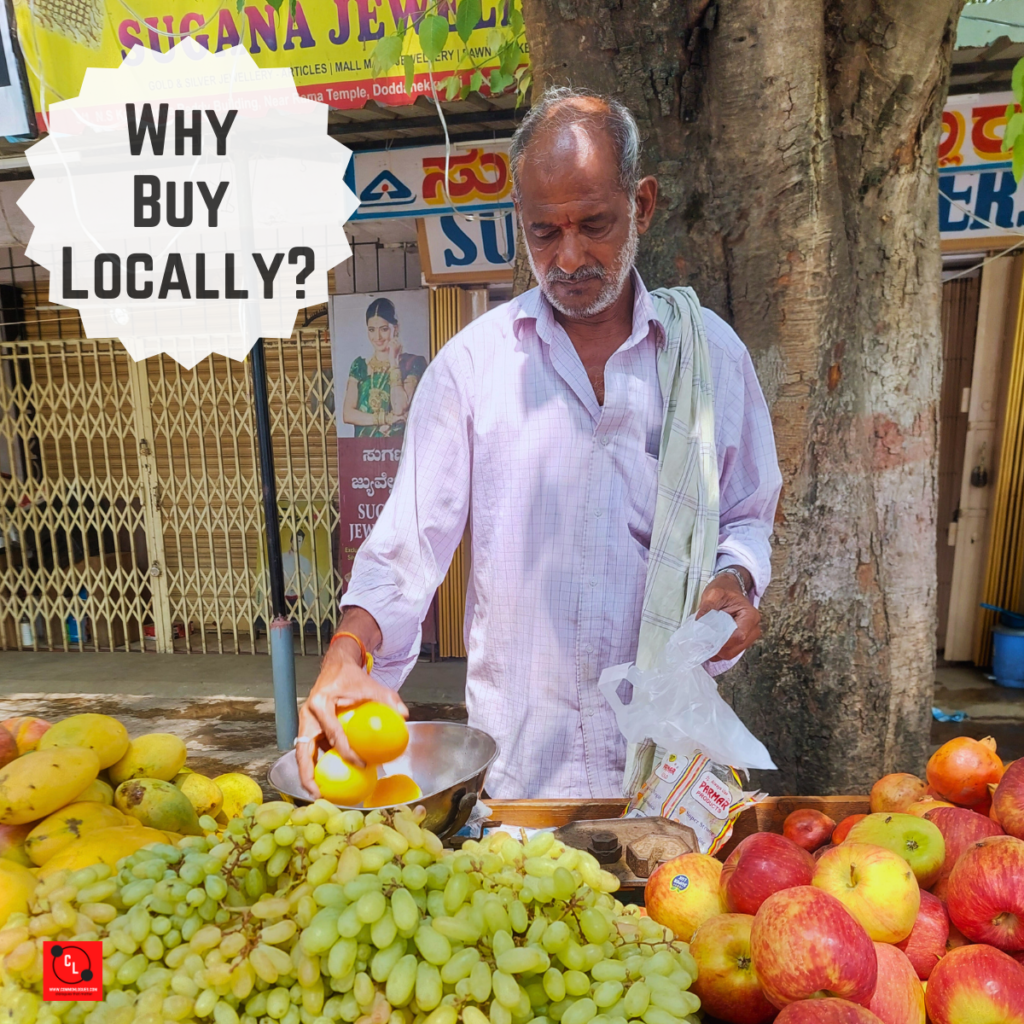When growing up in Mumbai, like every other child, I was the chief delivery boy of all household items. Grocery items, coriander, milk, eggs, bread, drinks, craft paper – you name it and I would bring it to you. I’d run down to the small stores or even cycle right upto the main bazaar to fetch them. Cut to many years later, I found myself running to my phone each time I run out of milk. Quick commerce has taken over the lives of us working professionals. In other words, I have replaced myself with an app.

Promising speed, comfort and convenience – quick commerce players aim to help those who have no time to go shop. For a small delivery fee, they offer everyday produce as well as exotic items (herbs, organic produce, olive oil etc). But therein lies the catch. The seemingly insignificant delivery charge hides the inflated costs of the products themselves. While some packaged goods come at a discount, the fresh produce is almost always marked up higher than your next door sabji wallah.
While lightning fast delivery is welcome, dealing with wrong products or bad quality produce is very cumbersome. Especially when you order only specific items urgently needed at the time (wrong coffee beans at 8 am!).
Over the past few years, I have been trying to buy locally as much as possible. I save the QC apps for more exotic variety (aforementioned coffee beans for example).
In the process a few things have happened:
I made friends
I got to know my neighbourhood better. The local coconut wallah became my friend and each time I go to work I am greeted with a smile. He often picks out the best coconut for me each time I visit him. The fruit wallah is no different. He is always ready with the day’s best produce each time I stop by. The vegetable stall wallah diversified and opened up a small fruit juice corner. Guess who got a complimentary glass of Mosambi juice?
As a migrant, it is easy to zoom past these everyday experiences and live in closed spaces. But the moment you dip into this world – you start to feel at home.
I supported local businesses
Most of these businesses are extremely vulnerable to economic shocks. They rely on everyday walk-in customers as well as repeat customers. Buying from small businesses help to directly boost the local economy in a small way.
I ate seasonal produce
“Eat local and seasonal” is the mantra to healthy living. This is difficult on quick commerce apps. While they do make efforts to stock seasonal produce, one doesn’t necessarily buy them. And moreover getting not only a recommendation to pick up banana steam but also a recipe to cook it. Courtesy of the vendor herself!
I became a bit more organised
Maintaining an inventory is a good idea. Each time you go shopping you need to go with a list. On the QC apps, I just mindlessly add the usual items without taking stock. Since then I have become more conscious of my purchases.
I ate locally
I took my experiment a step further and stuck to ordering only specific items for food on food delivery apps. For breakfast I often troop over to a small eatery run by some gentle folk from N. Kerala. Every other morning I go there to get some good appams, kadala curry (coconut based chana gravy) and frothy tea.

All in all, I discovered my own neighbourhood. As also the people and the businesses which add to the character of the place. Getting to know them created a feeling of belongingness. This is important when you live by yourself in a different city. Something that the digital world simply cannot compensate for.
So the next time you are out on a stroll, stop by at the local store for a dash of the good old times.